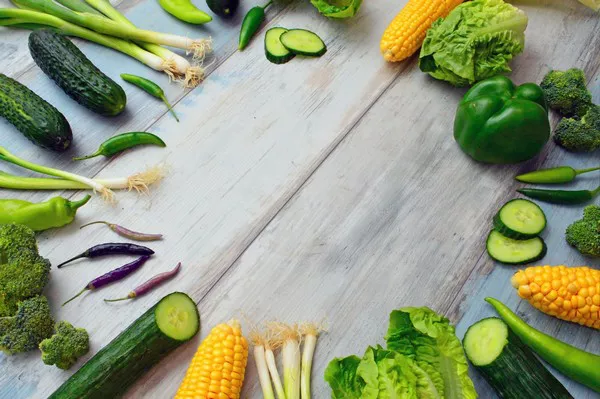A recent study conducted by the Hyderabad-based ICMR-National Institute of Nutrition (NIN) has suggested that cinnamon, a widely-used spice, and its active components could play a preventive role against early-stage prostate cancer. The study, published in the peer-reviewed journal “Cancer Prevention Research,” focused on the impact of cinnamon and its main ingredients, cinnamaldehyde and procyanidin B2, on inhibiting the development of premalignant prostate carcinogenesis.
In an official statement, the NIN detailed that the research involved administering cinnamon or its bioactive components orally to male rats for 16 weeks before inducing cancer. The results showed that cinnamon and its active constituents, particularly cinnamaldehyde and procyanidin B2, exhibited inhibitory effects on early-stage prostate cancer in the rat model.
Ayesha Ismail, the Head of the Endocrinology Division overseeing the study, explained that the research aimed to unravel the potential mechanisms behind the observed chemopreventive effects. The study indicated that cinnamon and its active compounds could reduce oxidative stress, impede the spread of cancer cells within the prostate gland, and even have a positive impact on bone mineral content and bone health in the rats.
Hemalatha R, the Director of ICMR-NIN, expressed satisfaction with the findings, highlighting that these results shed light on the potential health benefits of cinnamon, a common Indian spice regularly incorporated into local cuisine. She emphasized the need for further comprehensive research before any dietary recommendations could be drawn from these initial findings.
The study’s insights into the possible role of cinnamon in preventing early-stage prostate cancer offer a promising avenue for further investigation and potential health applications.



































